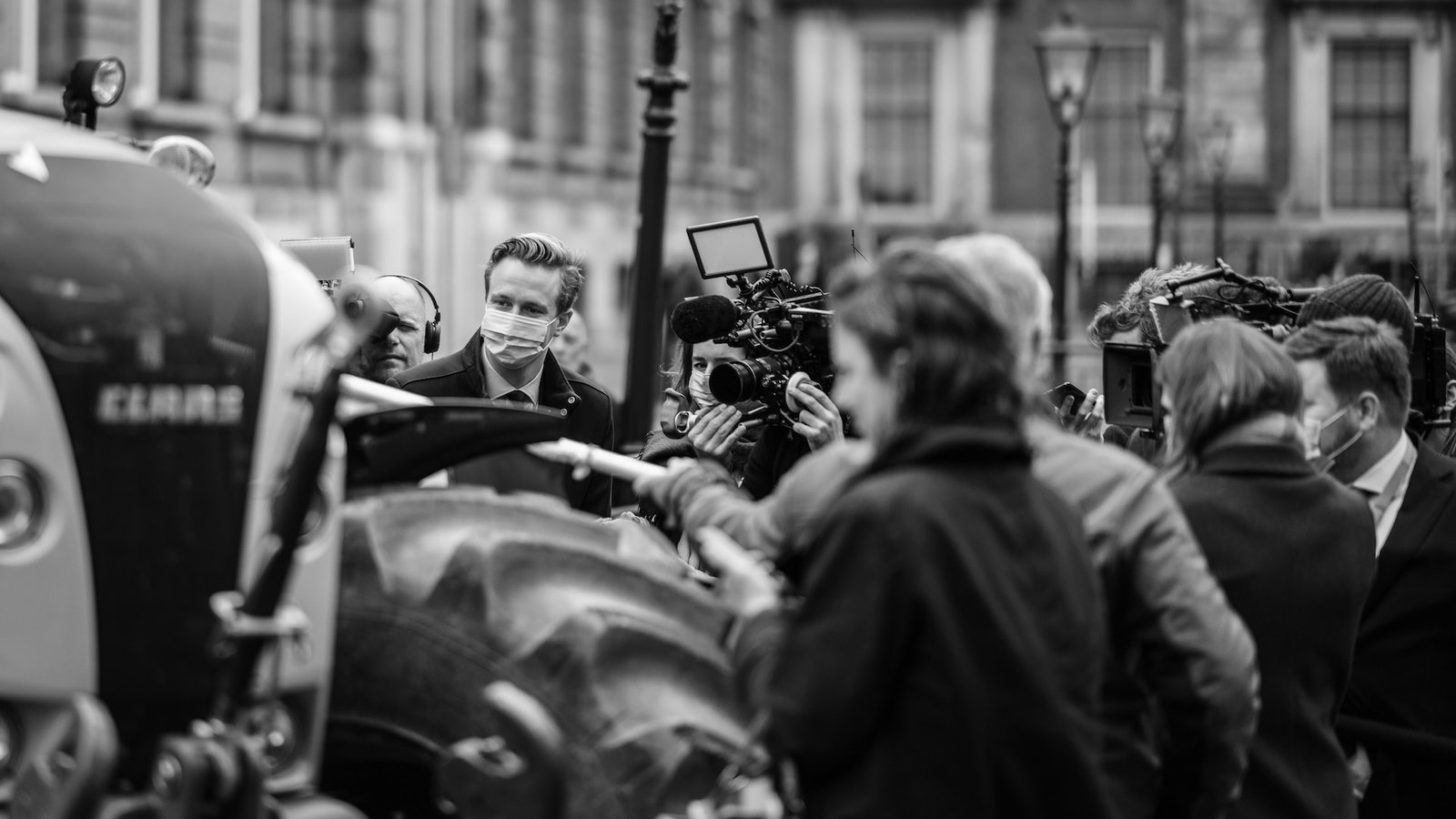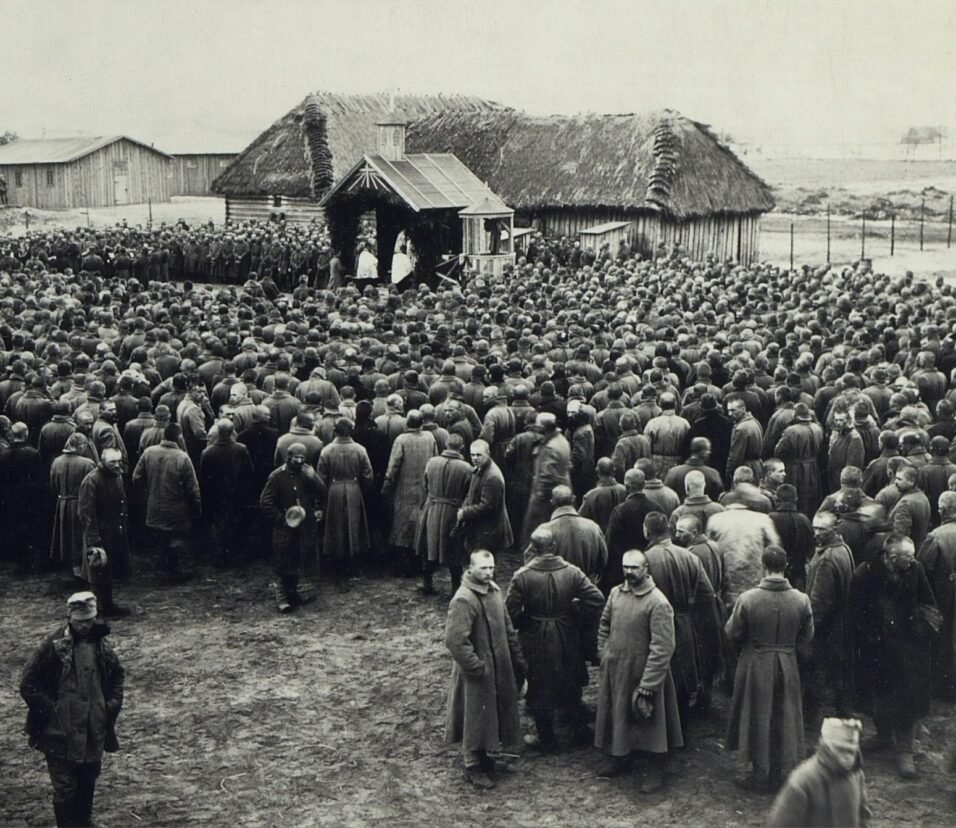Muckrakers of the Progressive Era
The term “muckraker” may have originated in the early 20th century, but the influence and inspiration derived from this groundbreaking group of journalists continue to reverberate today. These intrepid reporters delved into the hidden corners of society, exposing corruption, championing social justice, and influencing policy changes that have shaped the nation. This article aims to dive deep into the history, impact, and continued relevance of muckrakers in the Progressive Era.
Origin of Muckrakers: The Men and Women Behind the Movement
Theodore Roosevelt first popularized the term “muckraker” in a 1906 speech. Initially, the term had a pejorative connotation but soon became a badge of honor for journalists willing to dig deep for the truth. Among these were pioneers like Ida Tarbell, who took on the might of John D. Rockefeller’s Standard Oil, and Upton Sinclair, whose exposure to the meatpacking industry led to unprecedented reforms. But they were not alone; a slew of talented reporters were challenging societal norms and asking uncomfortable questions.
The Women Who Broke Ceilings: Ida Tarbell and Ida B. Wells
Women were far from silent in this wave of investigative reporting. Ida Tarbell’s meticulous research into Standard Oil set the bar for what investigative journalism could achieve. Similarly, Ida B. Wells, an African-American journalist, spearheaded an anti-lynching crusade that not only unveiled the brutal racial injustices but also influenced early civil rights movements.
Writing that Influenced Legislation
The work of muckrakers had a direct impact on public policies. For instance, Upton Sinclair’s “The Jungle” prompted immediate changes in food safety regulations. In an era when public welfare often took a backseat to commercial interests, these journalists played a critical role in swaying public opinion and prompting legislative action.
The Visual Muckrakers: From Jacob Riis to Modern Documentarians
Not all muckrakers wielded the pen; some used other mediums to expose social ills. Jacob Riis, a Danish immigrant, used photography to document the appalling conditions in New York tenements. His work led to substantial reforms in housing policies and set the stage for modern-day documentarians who utilize visual storytelling to bring attention to societal issues.
Controversy and Criticism: The Double-Edged Sword
While muckrakers were instrumental in bringing about reform, they were not without their critics. Accusations of sensationalism and bias were common. Yet, their undeterred commitment to unveiling the truth often outweighed the criticisms, reaffirming the need for transparent, fearless journalism, even if it meant ruffling a few feathers.
A New Age of Muckraking: The Digital Evolution
Fast forward to today, and we find that muckraking has adapted to new technologies and platforms. From established publications like ProPublica to grassroots blogs, the spirit of muckraking is alive and well. Journalists today still aim to shed light on corruption, racial inequality, environmental degradation, and other critical issues affecting society.
How Modern Journalism Owes Its Roots to Muckrakers
Today’s investigative journalists stand on the shoulders of these giants from the Progressive Era. The methodologies may have evolved, employing data analytics and interactive storytelling, for example, but the core mission remains unchanged: to inform, influence, and instigate change.
The Tools and Techniques: Evolution of Muckraking Methods
While the muckrakers of the Progressive Era had to rely on shoe-leather reporting, taking to the streets to gather information, today’s journalists have a broader set of tools. From Freedom of Information Act (FOIA) requests to data scraping and drone photography, the modern muckraker has a plethora of resources at their disposal. However, the essence remains the same: digging deep to uncover facts that can lead to meaningful social change.
Ethical Considerations: The Balance of Power and Responsibility
In their eagerness to expose societal flaws, muckrakers sometimes walk a tightrope when it comes to ethical journalism. Respect for privacy, verification of facts, and the avoidance of sensationalism are concerns that every muckraker must grapple with. These issues are not new; they date back to the Progressive Era when journalists were criticized for being too intrusive or overly dramatic. Nevertheless, the role of ethics in journalism remains a key subject, as the power to influence is also a power that can be misused.
The Timeless Lessons We Can Learn
The most significant lesson to take from the muckrakers is the power of persistence. These journalists were often up against immense obstacles, yet they persisted in uncovering the truth, motivated by the public good. This dedication is a quality that modern-day journalists should emulate to deliver news that serves society.
Why Muckrakers Still Matter Today
The essence of muckraking is more important now than ever in this era of disinformation and ‘fake news.’ At a time when public trust in media is dwindling, revisiting the legacy and ethos of muckraking offers a touchstone for what journalism should strive for integrity, courage, and an unwavering commitment to the truth.
Conclusion
The muckrakers of the Progressive Era have left an indelible impact on American society and journalism as a whole. Their courage to speak truth to power, their ingenuity in investigating deeply entrenched systems of corruption, and their ability to influence policy change are lessons that remain relevant today. As we navigate through the complexities of the 21st century, the legacy of these pioneers serves as both an inspiration and a challenge: to be fearless in the pursuit of truth and unwavering in the commitment to social justice.
By studying the history of muckrakers and applying their best practices, journalists today can aspire to be not just reporters of events but catalysts for change. In a world rife with misinformation and growing polarization, the legacy of these audacious journalists is a reminder of the profound impact that dedicated, fearless journalism can have on society.







